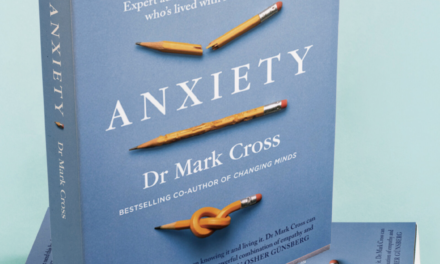Just as individuals encounter loss and adjust to new futures, so do congregations. Members, leaders, church councils, ministry agents, and often the wider community, are all connected in periods of transition, such as the departure or death of members or ministry agents, changes in worship style, the closure of a fellowship group or youth group, changes in the use of buildings. More significant losses may include amalgamation with another congregation (even the welcoming of new members may change the dynamics), the sale or lease of a building, the downsizing or upsizing of a congregation, a change of ministry arrangements (e.g. moving to part-time ministry). Movement through liminal space takes time, and is served well through a range of creative and thoughtful processes.
In this video, recorded during one of the Presbytery’s Zoom Café sessions, I talk through some of the parallels between personal grief and communal grief, drawing from my own experience as a young minister. In 1992 my 18 month old daughter Kristen died after being hit by a car on the road outside the manse. What followed was a journey of mourning, not only for me and my family, but also for the the congregation and the community in which we lived. We discovered a lot about grieving well, experiencing God in our suffering, as well as the value of being upheld by others.
Duncan Macleod
Gerald Arbuckle on grieving for change
Fr Gerald Arbuckle is an Australian/NZ anthropologist and Marist priest. He covers the subject of grief in religious organisations in his books, Grieving for Change: Spirituality for Refounding Communities, 1991, and Refounding the Church: Dissent for Leadership, 1993.
Arbuckle talks about at least three major stages of cultural grieving: reluctance, liminality and recovery or reaggregation.
1. Reluctance – feeling of sadness, symptoms of resistance (denial, repression, projection) to reality of loss.
2. Liminality – attraction to security of the past and call to face the future.
3. Recovery – looking at what has been lost with some detachment, entering new phase of life with the best of the past.
He says that religious leaders have an important role in validating the reality of loss, with a particular role in ritual.
William Worden’s Tasks of Mourning
William Worden in his book Grief Counseling and Grief Therapy, 2018, writes about the mourning process. He describes mourning as the process that occurs after a loss by which a bereaved person comes to terms with the loss. Grief, on the other hand refers to a person’s reaction to bereavement comprised of thoughts, feelings, and behaviours experienced after the loss that change over time. Worden talks about four tasks, rather than stages or phases, which give a sense of agency to the bereaved as well as those who work with the bereaved.
Task 1: To accept the reality of the loss
Task 2: To process the pain of grief
Task 3: To adjust to a world without the deceased
Task 4: To Find a way to remember the deceased while embarking on the rest of one’s journey through life.
Worden’s counselling principles and procedures
1. Help the survivor actualize the loss
2. Help the survivor to identify and experience feelings (e.g. anger, guilt, anxiety & helplessness, sadness)
3. Assist living without the deceased.
4. Help find meaning in the loss
5. Help find ways to remember the deceased
6. Provide time to grieve
7. Interpret normal behaviour
8. Allow for individual differences
9. Examine defenses and coping styles
10. Identify pathology and refer
Some questions to consider
- What parallels can we draw between what we’ve experienced or observed in grief and mourning, and the experiences of congregations, agencies and leaders going through significant transition?
- What Biblical, theological and liturgical resources have we drawn on that help us navigate significant transition?
- Who guides congregations and leaders through times of mourning? What happens when our ministry agents themselves are grieving? What happens when we as agents of the Presbytery or Synod have had a part to play in difficult transitions?
DM





